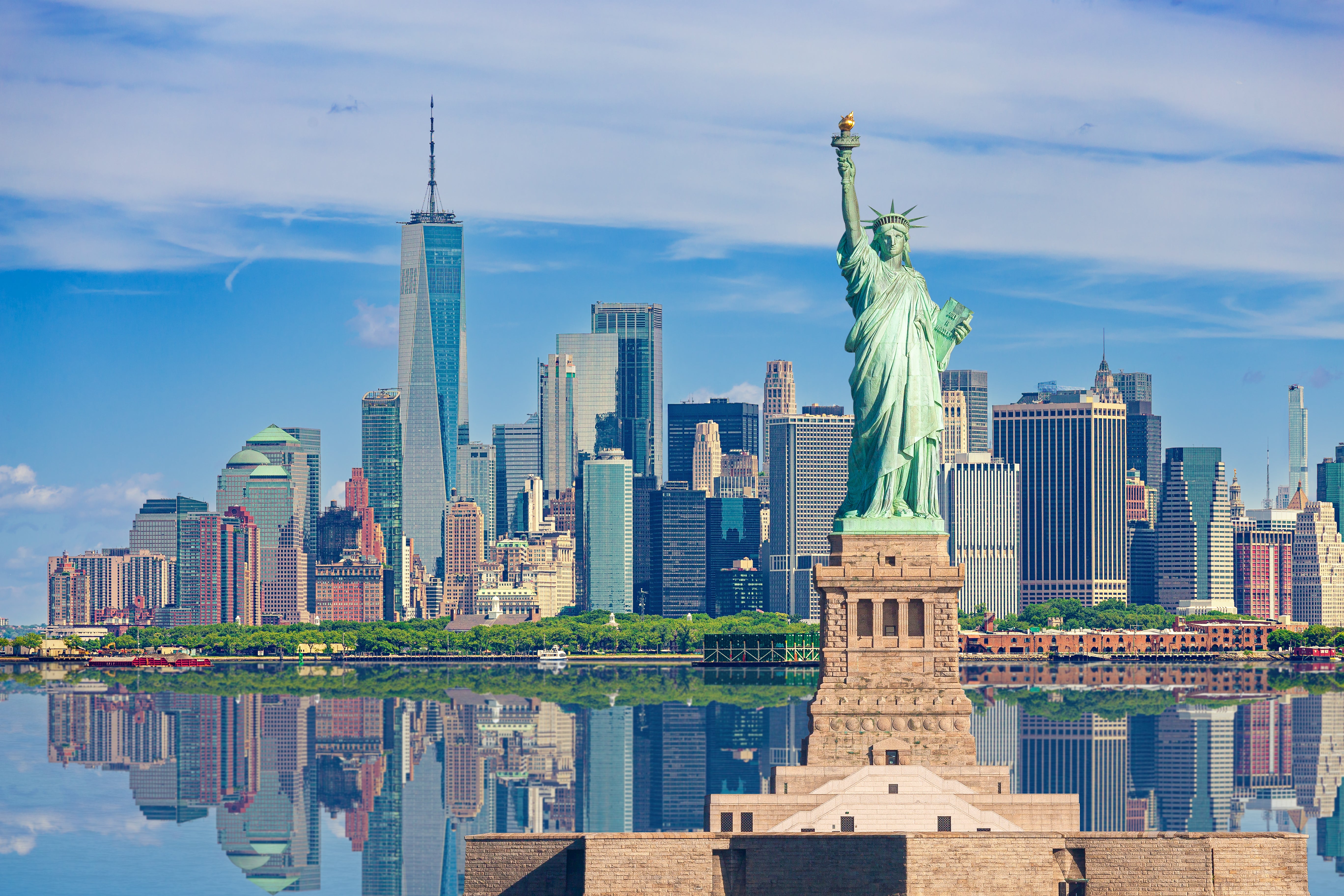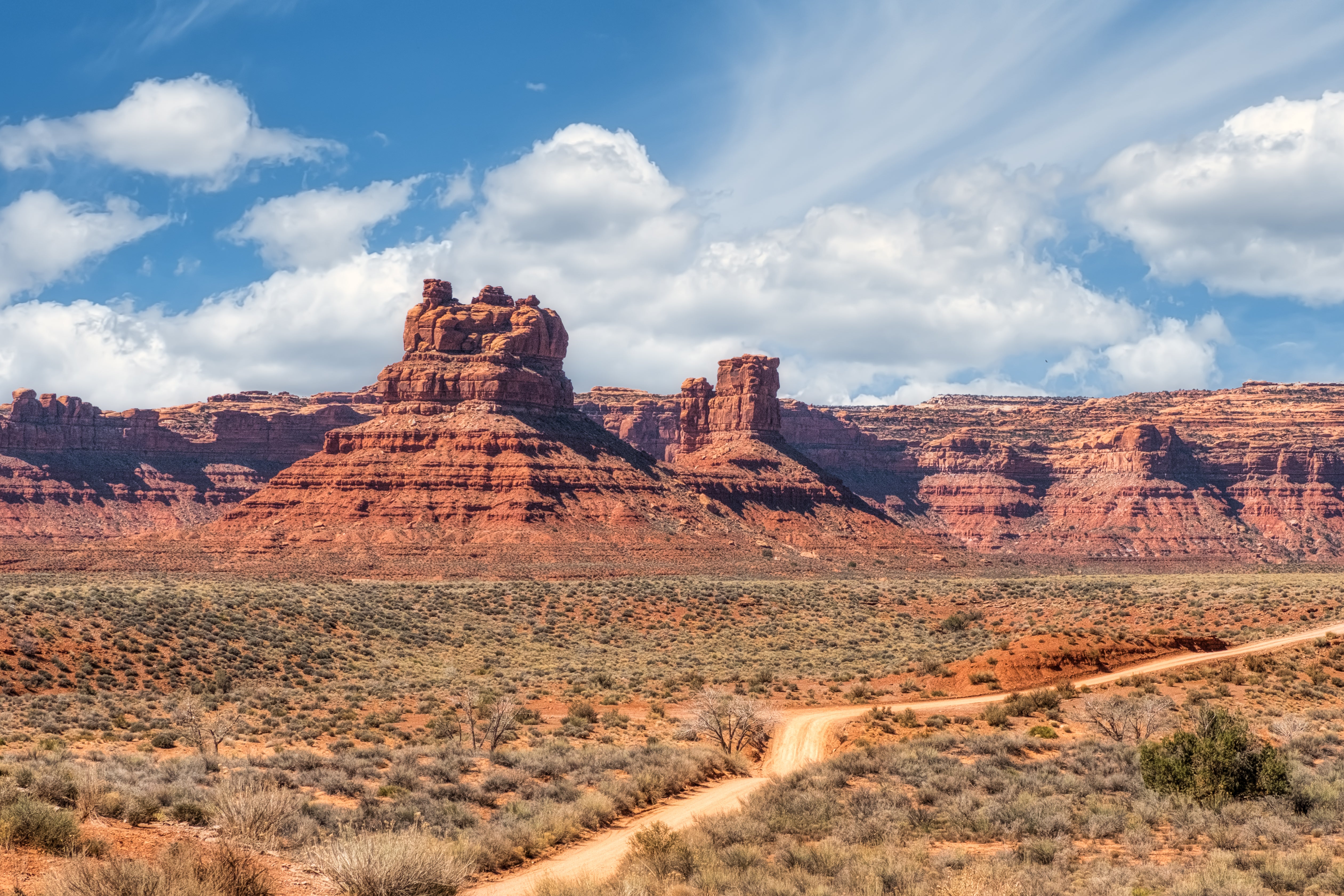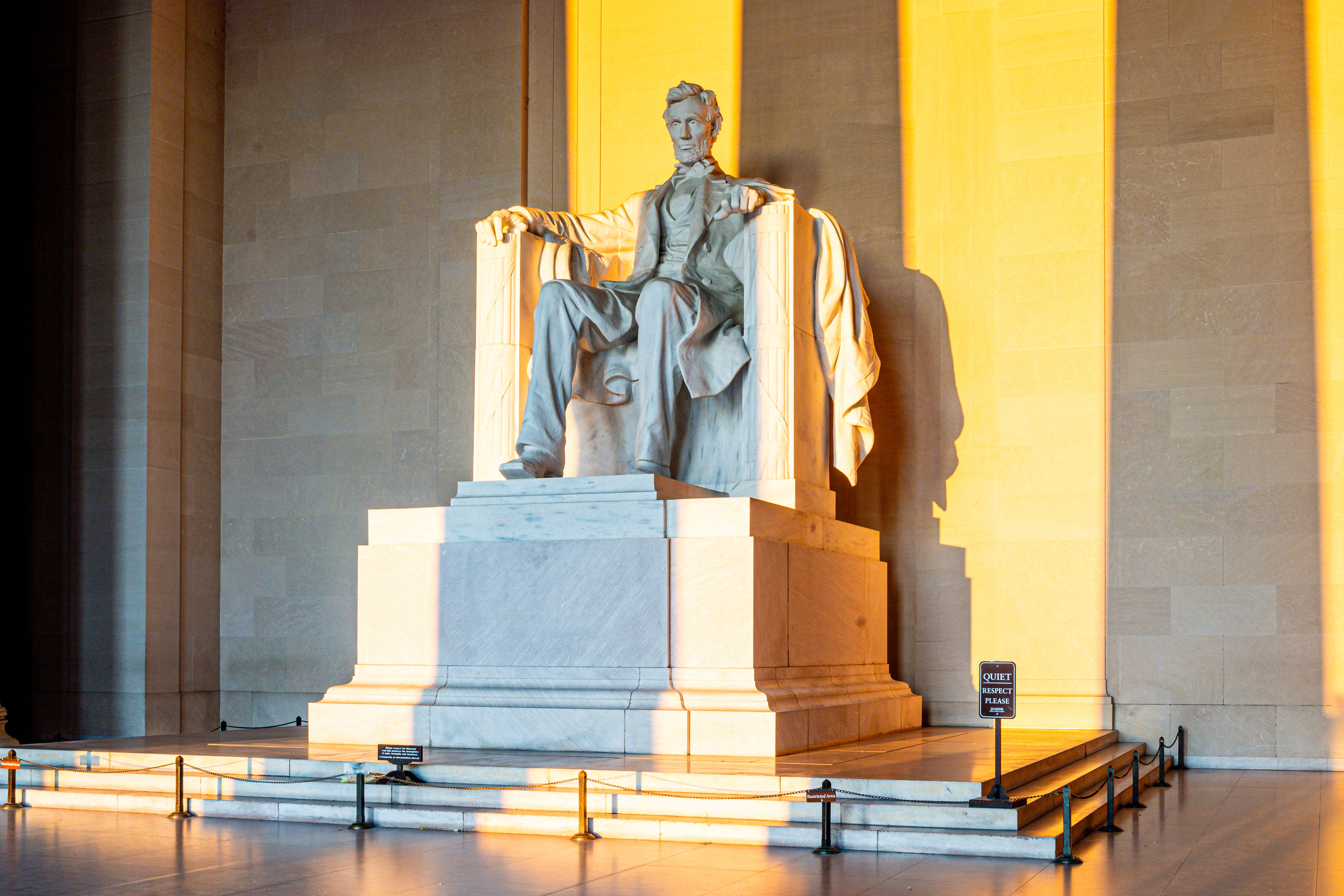President Donald Trump has the authority to abolish national monuments protected by his predecessors, the Justice Department recently said.
In a legal document dated to May 27, the department overturned a nearly 90-year-old opinion that said presidents did not have that ability, saying that its conclusions were “wrong” and “can no longer be relied upon.”
“The Antiquities Act of 1906 permits a president to alter a prior declaration of a national monument, including by finding that the ‘landmarks,’ ‘structures,’ or ‘objects’ identified in the prior declaration either never were or no longer are deserving of the act’s protections; and such an alteration can have the effect of eliminating entirely the reservation of the parcel of land previously associated with a national monument,” the Office of Legal Counsel’s Deputy Assistant Attorney General Lanora Pettit wrote. “ The contrary conclusion of the Attorney General in Proposed Abolishment of Castle Pinckney National Monument, 39 Op. Att’y Gen. 185 (1938), was incorrect.”
The document specifically refers to former President Joe Biden establishing California’s Chuckwalla and Sáttítla Highlands National Monuments. The monuments, that have particular significance to Native American tribes and extend over some 848,000 acres of land, barred oil and natural gas drilling and mining there. The Trump administration told The Washington Post in March that it has plans to eliminate them. In April, the paper reported that Interior Department Officials were studying whether to scale back at least six national monuments, and a person briefed on the matter said the aim was to free up land for drilling and mining. Biden established 10 new monuments during his tenure.
“America’s energy infrastructure was on life-support when President Trump got into office; and in nearly six months, the administration has shocked this critical industry back into life, making good on another promise to the American people,” the White House’s Harrison Fields, principal deputy press secretary, told The Independent in an emailed statement responding to question about the Justice Department’s opinion. “It’s imperative that the Senate passes OBBB to completely end Biden’s war on American energy, and will liberate our federal lands and waters to oil, gas, coal, geothermal, and mineral leasing.”

The Justice Department did not immediately respond to The Independent’s request for comment on the matter.
While this opinion does not overturn any national monument, it hints at future action. Trump has taken steps to shrink monuments in the past. During his first administration, he moved to slash Utah’s Bears Ears and Grand Staircase-Escalante national monuments: the first such move of its kind in more than 50 years. Biden reversed Trump’s decision before the courts could make a final ruling on the matter.
Earlier this year, Trump opened the Pacific Islands Heritage Marine national monument to commercial fishing while leaving the monument in place. The Interior Department is weighing changes to monuments across the country as part of the push to “restore American energy dominance.”

The National Park Service alone manages more than 100 national monuments established under the authority of the Antiquities Act. Some are also co-managed by the U.S. and Wildlife Service, the U.S. Forest Service, the Bureau of Land Management, the U.S. Army, and the National Oceanic and Atmospheric Administration. Some of those include the Statue of Liberty, the Stonewall Inn, the Grand Canyon, Sequoia National Forest, and the Lincoln Memorial.
While Congress must approve the designation of national parks, a national monument is designated by a president via the Antiquities Act. Around half of the nation’s national parks were first designated monuments, and all except three presidents have used the act to protect areas both offshore and on land. Presidents, including Dwight Eisenhower, have also diminished monuments.

Responding to the document, environmental advocate groups have asserted there might not be much legal standing and that moves to eliminate or shrink monuments would be less than popular.
"There’s no reason to think the OLC opinion should make much difference to the White House. National monuments have broad public and political support, and shrinking or revoking them will only damage the Trump Administration’s popularity,” Aaron Paul, the staff attorney for the Grand Canyon Trust, told The Independent in an emailed statement. “Besides, if the president tries to shrink or eliminate monuments, it would send the question to the courts, which is the real test of whether the OLC’s views have any validity or not."

“The Trump administration can come to whatever conclusion it likes, but the courts have upheld monuments established under the Antiquities Act for over a century. This opinion is just that, an opinion. It does not mean presidents can legally shrink or eliminate monuments at will,” Jennifer Rokala, executive director of The Center for Western Priorities, said in a written statement.
“Once again the Trump administration finds itself on the wrong side of history and at odds with Western voters,” she said.
With reporting from The Associated Press







